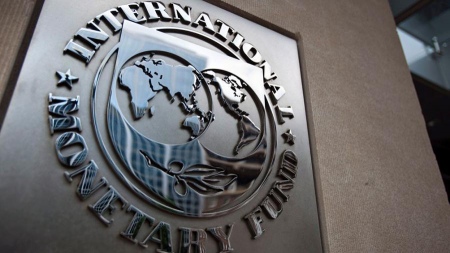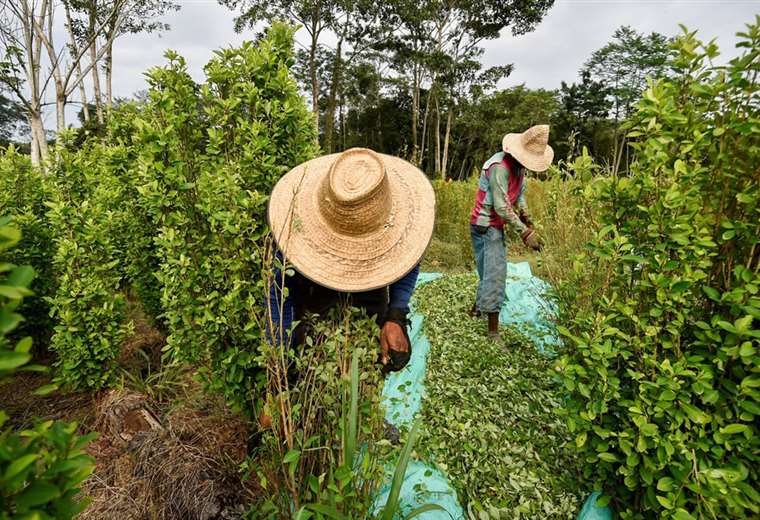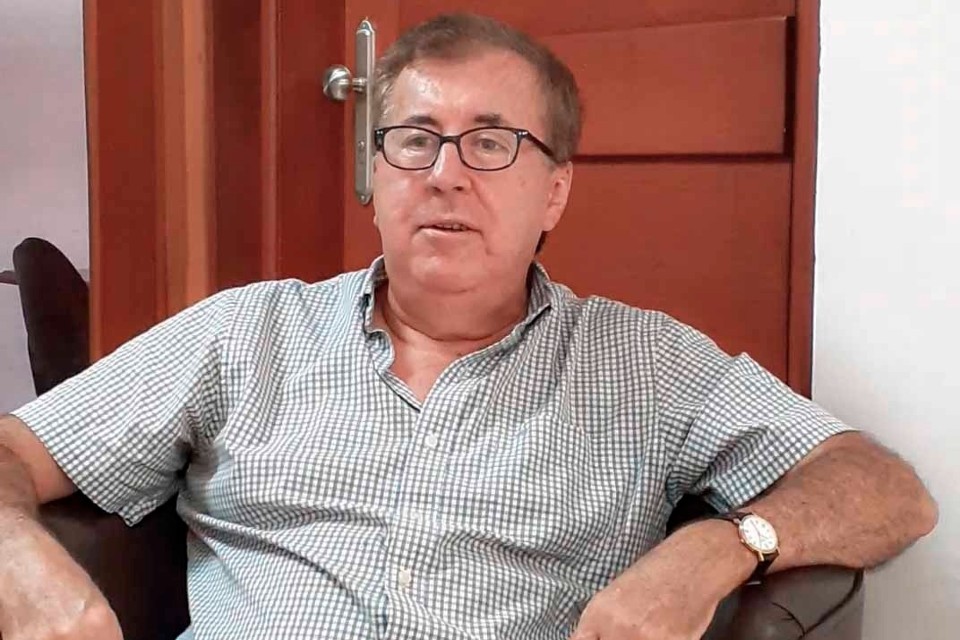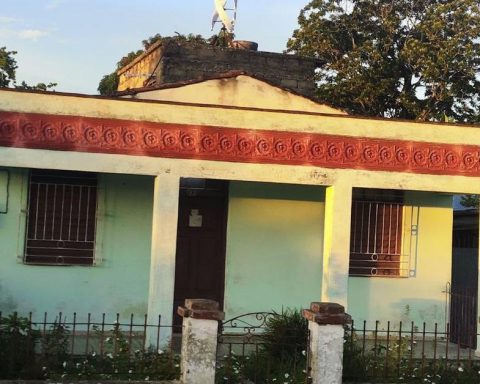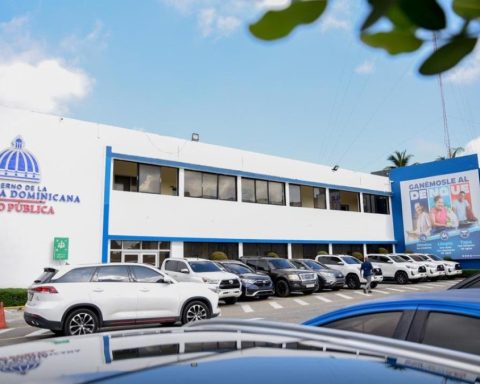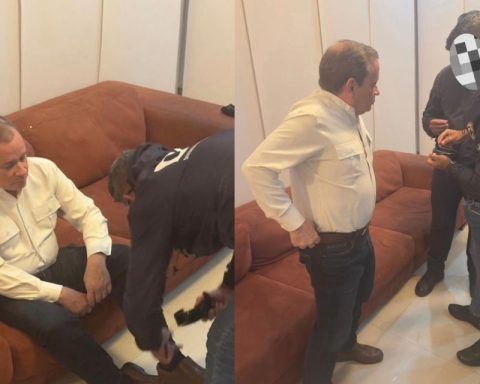The Vice Minister of Economy, gabriel rubinstein; and the chief adviser of the Palacio de Hacienda, Leonardo Madcur; The details are being finalized in Washington to achieve technical approval of the fourth revision of the program with the International Monetary Fund (IMF), which implies the fulfillment of 2022 goals and which will allow the multilateral organization to release disbursements next March for $5.4 billion.
It is estimated that the technical negotiations that would give the green light for the head of the IMF, Kristalina Georgievaraise the document for its approval in the board of directors of the organism, in a meeting that would take place in the last weeks of next March.
So far this year, Argentina has already transferred to the IMF close to 3,200 million dollars, which are part of the total maturities of 19,850 million dollars that Argentina will have to pay with the organization during the current year, which will be paid with the disbursements of the current program.
The period under analysis is the fourth quarter of 2022, the year that Argentina closed with a primary deficit (not including debt services) equivalent to 2.4% of the Gross Domestic Product (GDP), with an overcompliance of one tenth, since the agreed goal was 2.5%, as reported by the Government last January.

By 2023, the primary deficit target is 1.9%in a year marked by several conditions that the Argentine government raised in the discussions in Washington, among which are the need to take into account the impact of the drought on the agricultural harvest and consequently on the income of foreign currency, as well as the continuation of the war between Russia and Ukraine, which has an impact on energy prices and transport and logistics costs.
Analysts from different consultancies agreed that Argentina met the agreed goals for 2022 in the level of reserves and in the limit set for transitory advances from the Central Bank to the Treasury.
The objections go through the indirect financing channels from the Central to the Treasury and in the burden that the Lelics represent, among other issues.
Rubinstein and Madcur already met at the beginning of February with the IMF technicians who visited Argentina. They also participated in videoconferences with the head of the Argentine mission, Luis Cubeddu.
Prior to these contacts, the Minister of Economy, Sergio Massaconsidered – in mid-January – that the IMF was not fulfilling its commitment to review the costs of the war in Ukraine.
“Argentina complied with its program, but the Monetary Fund is not complying with Argentina in reviewing how they are going to compensate the countries that paid the cost of the war with their economy. It is a problem to be solved,” Massa said on that occasion.
The minister, however, expressed his confidence that Argentina will pass the test.
One year after the start of the war in Ukraine, on February 24, 2022, official calculations showed that it cost Argentina at least US$5 billion.
According to official working documents, fuel imports totaled US$5.8 billion in 2022, against the US$2 billion projected before the start of the war, resulting in a net increase of US$3.8 billion.
In addition to the cost, the increase in the price of the main basic products required more foreign exchange to import fuels, including those used for the supply of energy during 2022.
